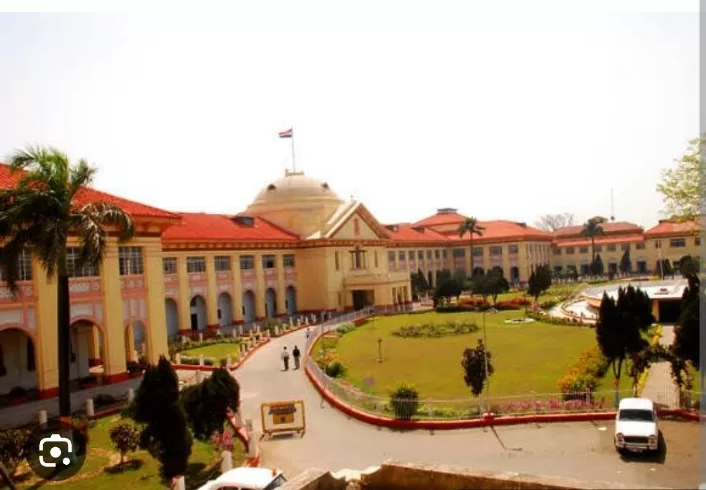In a significant legal development, a Public Interest Litigation (PIL) has been filed in the Patna High Court challenging the recent amendment by the Bihar Legislature. The amendment proposes to raise reservations for Backward Classes, Extremely Backward Classes, Scheduled Castes, and Scheduled Tribes from the existing 50% to a substantial 65%.
The PIL questions the constitutional validity of the Bihar Reservation (for Scheduled Castes, Scheduled Tribes, and Other Back Classes) (Amendment) Act, 2023, and the Bihar (in admission in educational institutions) Reservation (Amendment) Act, 2023. The petitioner seeks an interim relief in the form of a stay on these enactments.
Enacted on November 10, 2023, and receiving the Governor’s Assent on November 18, 2023, the Bihar State Legislature officially notified the acts on November 21, 2023, through the Bihar Gazette.
The petitioner, represented by Advocates Alok Kumar, challenges the basis of the amendments, asserting that they rely on proportional reservation derived from the Caste Census conducted by the state. The census calculated the population of the Backward Classes (SC, ST, OBC, and EBC) in Bihar to be 63.13%.
Gaurav Kumar and Naman Sherstra, the petitioners, argue that the amendments violate the Constitutional mandate outlined in Article 16(4) of the Indian Constitution. They emphasize that reservations should be based on adequate representation of the Socially and Educationally Backward Class rather than the proportional representation within a specific state.
The petition further contends that the amendments breach the 50% upper ceiling set by the Supreme Court in the landmark Indira Sawhney case. The petitioner asserts that the state has failed to justify the increase beyond 50%, violating the legal principles established by the Supreme Court.
This PIL prompts a critical examination of the reservation policies, seeking to uphold the principles of equality and non-discrimination embedded in the Indian Constitution.







